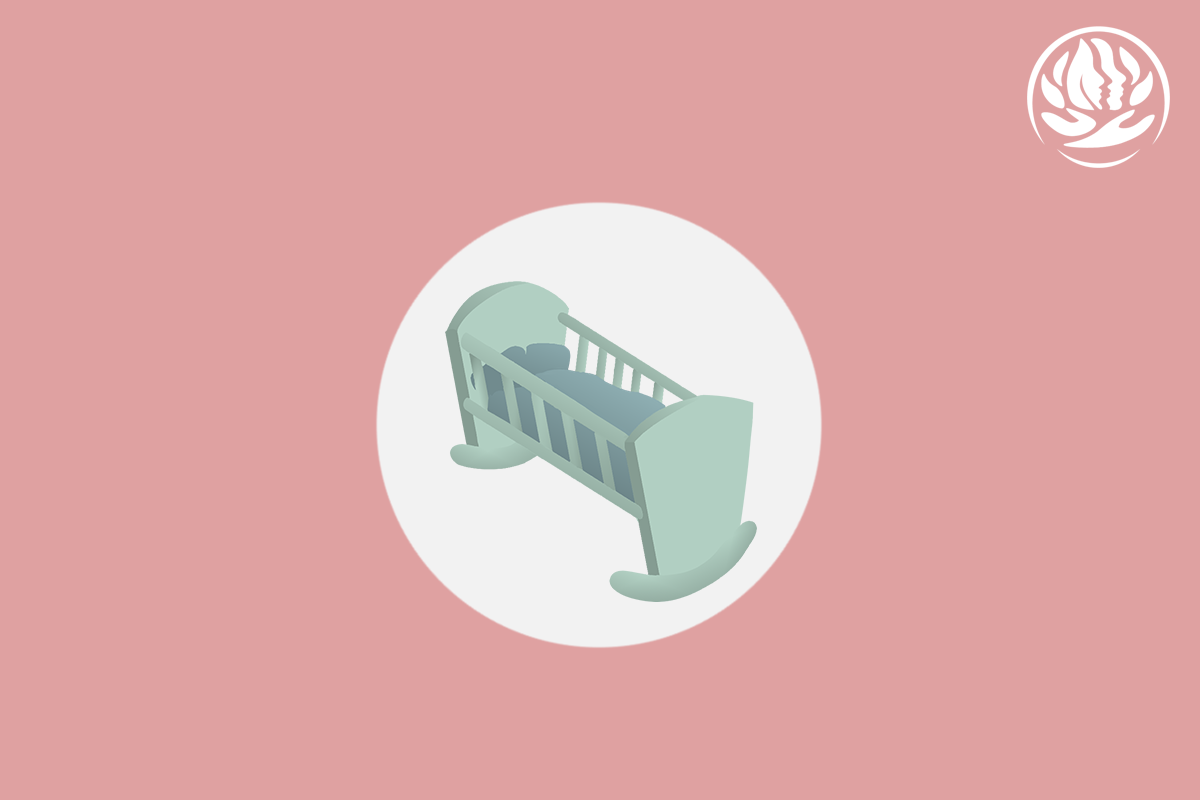Doing it Differently
JDT

Parenting is a tough job. From the time children are born, parents are teaching, molding, disciplining, and mentoring them while allowing them to develop as human beings themselves - all while showing unconditional love - can often be a challenge. It’s a journey I embarked on over 16 years ago now and it’s one, despite both the easy and tough times, I’ve absolutely cherished.
When I look back at my own childhood, I was generally happy. I felt loved and supported, but at the same time, I felt pushed, especially when it came to academics and activities. Sometimes it felt like there was a master plan for me to fit into. Since my natural strengths seemed to be in the math and science fields, a career utilizing those was encouraged, with perhaps becoming a doctor or an engineer in my destiny.
Activities outside of school, in particular violin, were deemed essential as part of the daily routine. And while we were allowed to play, it was never really given much priority as the summer months were mostly filled with all sorts of academic or music-related classes and camps. I never really realized it as it happened, but looking back it was clear I was thrown into a position to fulfill the Model Minority Myth.
Despite the fact I did end up graduating college with an engineering degree and generally, I felt that I learned a lot playing violin growing up, there is some regret in that things could have been different for me. This is especially the case in terms of honoring my passions by pursuing things that really mattered to me. Along the way, it really affected my mental health, which for many years went unaddressed and eventually reared its head in ugly consequences.
To that end, I find myself trying to do things individually with my children with their experience growing up, in many ways contrary to my own, so that they can hopefully avoid the strain on mental health that I suffered - especially in terms of shame - and craft a different future for themselves. And most importantly, they realize that their value is rooted in who they are and not in what they do.
One of the main things I’ve tried to do with my kids along these lines is to lessen the pressure - especially the expectations - when it comes to academic performance. In my childhood, the message I internalized was nothing less than perfection was acceptable. No matter how hard I tried, it never seemed to be good enough. I was so hurt by that, I even remember swearing at that time that if I ever had children, I’d never do that to them.
That said, I’ve really tried a contrasting style. Now I’m not going to lie, I completely understand how good grades are something to strive for and how a good GPA is extremely important on a college application. That’s reality. But at the same time, I don’t want to make that the be-all and end-all of everything. I’ve tried to encourage my kids to give their best effort and then, whatever results come out of that are the ones that are deserved.
Sure, I’ll challenge them if they feel they really gave their best effort or not. But if they did and they are satisfied with the results, then it’s all good with me. And even if they don’t do so well or even fail, there are learning opportunities that can come out of those experiences. Some of the best lessons often come out of failure. And most importantly, I am proud of the effort they put forth. And I’m even prouder when I see that they are proud of themselves, whether it’s the result of their effort or the effort itself.
Outside of academics, it’s different as well. In my childhood, my main extra-curricular activity was fairly common to Asian American kids at the time - music. I grew up playing the violin and was quite successful doing it, graduating from the Suzuki method and becoming concertmaster of the local youth orchestra. There were many aspects of playing the violin that I loved.
At the same time though, I never felt it was an interest that was truly mine. I started playing the violin at the tender age of three - so early that I didn’t even remember exactly when I started. My life basically included a one-plus hour of practicing the violin; I knew nothing else. And music was another avenue where the need for perfection was practically demanded. You never settled for anything less. Overall, I never really felt that I played the violin for my own enjoyment or enrichment, but rather for the approval of others.
Now, I did play some sports and did some other non-academic/music-related activities during my free time. But no matter how much I enjoyed and was allowed to participate in these things, it was only seen as a distraction and was never really encouraged. Why? Because it didn’t necessarily fit the model my parents felt fit the formula to success, not for traditional Asian kids anyway. After all, I was barely five feet tall, was playing basketball really going to help me become a doctor or engineer? And all that time looking at sports statistics, what good is there in that? If something didn’t fall into improving my academic or violin skills, then frankly, in the long run, it was probably a waste of time.
Another area where I’ve tried to do things differently is in giving my children choices in their interests and activities. I also personally invest, take an interest in, and support them in those choices. When my kids were young, their mother and I introduced them to a variety of activities from arts to academics and saw what they enjoyed doing. It turned out that gymnastics was something they latched on to, so we encouraged them on that route as they advanced through recreational classes to competitive team events. We never set any kind of bar when it came to their success in athletics. Granted, they needed to put in the effort and have a sense of commitment - after all, their coaches and teammates were counting on them. But overall it was about having fun in what they were doing and seeing their hard work paying off for themselves and not us.
Don’t get me wrong, I would have loved to see my kids participate in something I had experience in, such as basketball, or even do show some proclivity in doing something more “inside the box” for Asian-Americans like playing an instrument. We introduced these activities to them and asked if they would like to give them a try. But in the end, they just weren’t interested, and we just weren’t going to force them to do anything they weren’t willing to invest their passion into doing. We supported them in their choices and have always encouraged them from the sidelines to try their best, doing our best to not expect any level of performance.
And one key thing I’ve definitely steered away from is the comparisons to others. In my own childhood, whether it was direct or in a passive-aggressive manner, what other kids accomplished, especially Asian ones I knew, was often mentioned. Eventually, all this did was create a lot of resentment within me. My kids just so happen to be high-performing students and are surrounded by many of the same within their peers. Most of them happen to be Asian American children of immigrants as well and participate in activities both inside and outside of school that are extremely impressive.
But the direct “how come you don’t do this like ABC” questions or the passive-aggressive “wow, how great it is that so-and-so is doing XYZ” statements I heard growing up are comments I try hard to avoid uttering. I simply try to encourage my children to do their own thing. What my children achieve is good enough for me and more importantly for them to be proud of. What anyone else achieves doesn’t really matter.
With all that said, there’s one important thing I’ve come to realize - that as much as I would love to be, I’m not going to be perfect with all this. As I stated, my kids just so happen to be good students, so I am well aware of their vast potential, and it’s hard sometimes not to have expectations of performance. I asked my kids the other day if they felt I gave them pressure when it came to their grades. They initially responded that they didn’t, but then my older daughter remembered something. “However there was that one time when I thought I might be getting a B and you started getting all upset...”
Yes, I did. Right there, admitting a mistake is something I rarely, if ever, heard my parents do. But this was also an opportunity to talk about the environment I grew up in and how much effect that had on me. And no matter how much I want to not do the same thing, it may still come out of me from time to time. But I’m glad my daughter decided to mention that to me. I’ve encouraged my kids to talk about these things so we can have the conversation. It’s through these discussions that we can work through things such as expectations, boundaries, and frustrations, and the path of internalizing shame or resentment - things that hurt mental health - can hopefully be avoided.
With parenting, an analogy I’ve often used is that of a water filter. Water filters are capable of filtering out most of the impurities, but they aren’t going to get rid of 100 percent of everything - some may still come through. That’s the case here as well. For generations, certain ways of thinking, some broken and quite frankly toxic, are passed down from parent to child. I can be a filter but no matter how hard I try, some of these may still flow through from time to time. That’s the grace I give myself so I don’t take on shame.
I also have to remember that with that same water filter, much that comes through is clean. There were many great things I received from my parents. Strong values, discipline, a good work ethic, and a desire to set high goals of achievement were all things I was taught and modeled for me, and that made a significant difference in my life. Despite the impurities, underneath it all there was lots of love, support, and encouragement. My parents did the best they could, based on what they experienced themselves - something that had been passed down to them, both the good and the bad.
